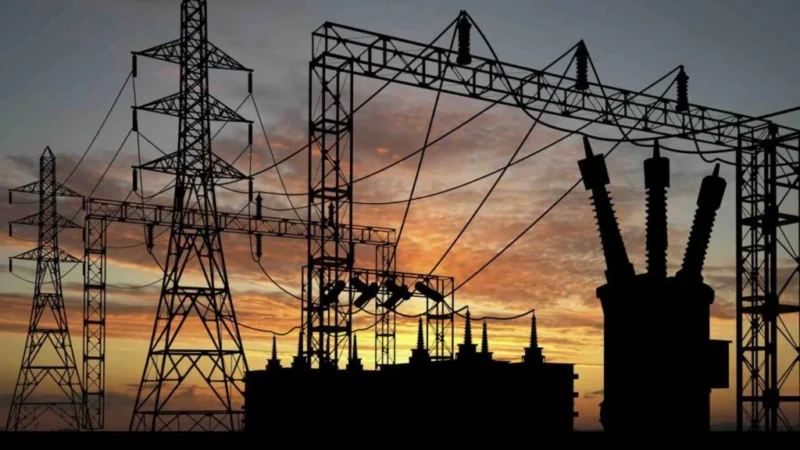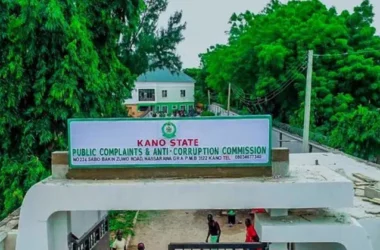On Tuesday, Nigerians across various regions faced another nationwide blackout after the national power grid suffered its 10th collapse of the year.
The collapse, which occurred at approximately 1:52 p.m. on November 5, left millions without power and disrupted daily life across the country.
This latest incident highlights the ongoing challenges within Nigeria’s power sector, which has seen several grid failures in recent weeks.
Prior to the collapse, power generation was recorded at around 3,934 megawatts early in the morning, which then dropped sharply to zero by the afternoon, leaving 22 power plants without any power output.
The Transmission Company of Nigeria (TCN) confirmed the incident, explaining that the grid disturbance resulted from “a series of lines and generator trippings that caused instability.”
As a response, TCN spokesperson Ndidi Mbah reported, “TCN engineers are already working to quickly restore bulk power supply to the states affected by the partial disturbance.” By 2:49 p.m., Abuja saw some restoration, while other affected areas awaited a gradual return of power.
The blackout severely affected both the northern and southern regions, disrupting major cities like Lagos, Abuja, and others.
Power distribution companies (DisCos) across the country issued statements to reassure residents, pledging that restoration efforts were underway.
Ikeja Electric, serving Lagos, and the Abuja Electricity Distribution Company both cited system failures and promised that supply would be restored once grid stability was achieved.
In the southeast, states including Enugu, Abia, and Imo also suffered extensive outages, with the Enugu Electricity Distribution Company (EEDC) confirming the loss of power across their networks.
“Due to this development, all our interface TCN stations are out of supply, and we are unable to provide services,” EEDC’s Head of Corporate Communications, Emeka Ezeh, said in a statement.
In recent years, Nigeria has received significant international funding to improve its power infrastructure. However, the frequent grid collapses show that these investments have yet to resolve fundamental issues.
Some power experts, like analyst Adeolu Taiwo, suggest that deeper technical investigations are needed to understand the failures.
Taiwo highlighted concerns over inadequate infrastructure and equipment, which are critical to maintaining stability within the national grid.










